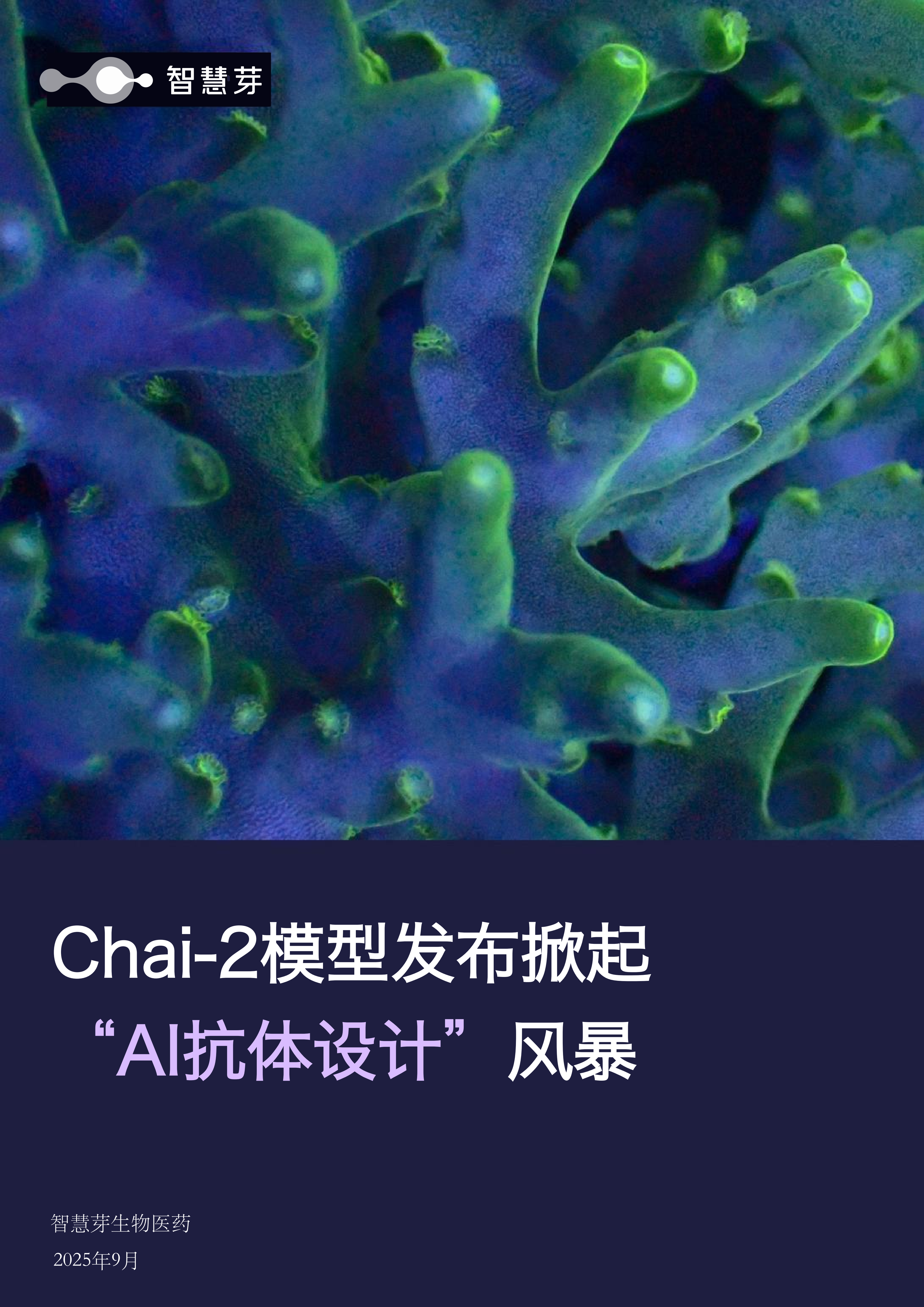预约演示
FDA Hits Defender with Complete Response Letter, Rejects Motion Sickness Gel
2024-01-31
临床3期临床结果申请上市上市批准
Pictured: FDA signage at its office in Washington, DC/iStock, JHVEPhoto
The FDA on Tuesday rejected Defender Pharmaceuticals’ investigational intranasal gel formulation of scopolamine, which was being proposed to prevent nausea and vomiting from motion sickness in adults.
The Missouri-based biotech did not provide the FDA’s reasons in the Complete Response Letter (CRL) for the rejection of its New Drug Application. Defender CEO Barry Feinberg in a statement said the company will schedule a formal meeting with the regulator to “fully understand the issues raised in the CRL so we can develop and implement a comprehensive action plan.”
“We remain confident that our intranasal scopolamine is a safe and effective therapy for the prevention of motion sickness, and we will work closely with the FDA to ensure that we can bring this innovative new product to the market,” Feinberg added.
Scopolamine is a well-known anticholinergic compound that mimics the natural neurotransmitter acetylcholine and targets the parasympathetic nervous system. This mechanism of action allows scopolamine to address the symptoms of motion sickness, including vomiting and nausea, as well as other conditions such as major depressive disorder and virtual reality sickness, according to Defender’s website.
The label for scopolamine states that it was first approved by the FDA in 1979. The drug is now administered via a patch behind the ear.
Defender is proposing an intranasal gel formulation of scopolamine, which it had been developing in partnership with the United States Naval Medical Research Unit and the National Aeronautics Space Administration. Defender’s clinical development was focused on military personnel and astronauts, whose job performance can be strongly compromised by motion sickness.
In September 2023, the FDA accepted Defender’s NDA for its intranasal gel formulation of scopolamine, backed by a data from more than 1,300 patients that had participated in the company’s clinical program.
In June 2023, Defender released data from its pivotal Phase III DPI-386-MS-33 study showing that—compared with placebo—scopolamine’s investigational formulation significantly increased the proportion of patients who did not vomit or require rescue antihistamine medication after riding an ocean-going vessel.
The pivotal trial also reported a significant drop in moderate-severe nausea after treatment with the experimental formulation versus placebo.
Beyond motion sickness, Defender is also developing its intranasal scopolamine formulation for major depressive disorder with suicidal ideation, chemical exposure, traumatic brain injury and virtual reality sickness.
Tristan Manalac is an independent science writer based in Metro Manila, Philippines. He can be reached at tristan@tristanmanalac.com or tristan.manalac@biospace.com.
更多内容,请访问原始网站
文中所述内容并不反映新药情报库及其所属公司任何意见及观点,如有版权侵扰或错误之处,请及时联系我们,我们会在24小时内配合处理。
靶点
-Eureka LS:
全新生物医药AI Agent 覆盖科研全链路,让突破性发现快人一步
立即开始免费试用!
智慧芽新药情报库是智慧芽专为生命科学人士构建的基于AI的创新药情报平台,助您全方位提升您的研发与决策效率。
立即开始数据试用!
智慧芽新药库数据也通过智慧芽数据服务平台,以API或者数据包形式对外开放,助您更加充分利用智慧芽新药情报信息。




